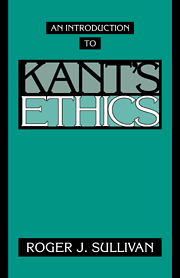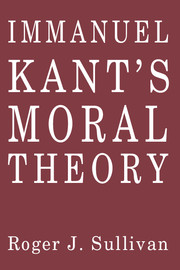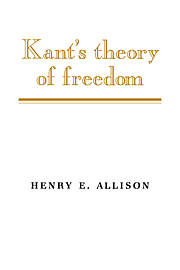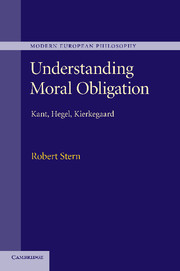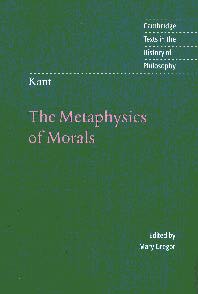An Introduction to Kant's Ethics
This is the most up-to-date, brief and accessible introduction to Kant's ethics available. It approaches the moral theory via the political philosophy, thus allowing the reader to appreciate why Kant argued that the legal structure for any civil society must have a moral basis. This approach also explains why Kant thought that our basic moral norms should serve as laws of conduct for everyone. The volume includes a detailed commentary on Foundations of the Metaphysics of Morals, Kant's most widely studied work of moral philosophy. The book complements the author's much more comprehensive and systematic study Immanuel Kant's Moral Theory (Cambridge, 1989), a volume that has received the highest critical praise. With its briefer compass and non-technical style this new introduction should help to disseminate the key elements of one of the great modern philosophies to an even wider readership.
- Only up to date accessible introduction to Kant's ethics. Complements the author's larger and more comprehensive Kant's Moral Theory
- Accessibly written in non-technical language
- Approaches Kant's ethical theory through his political philosophy
Product details
September 1994Paperback
9780521467698
192 pages
215 × 141 × 17 mm
0.239kg
Available
Table of Contents
- 1. A beginning: Kant's political theory
- 2. The categorical imperative: the ultimate norm of morality
- 3. The formula of autonomy or of universal law
- 4. The formula of respect for the diginity of persons
- 5. The formula of legislation for a moral community
- 6. The limits of the categorical imperative
- 7. Morality and prudence (Foundations 2)
- 8. Moral character
- 9. Living under the moral law
- 10. The defense of morality (Foundations 3).

